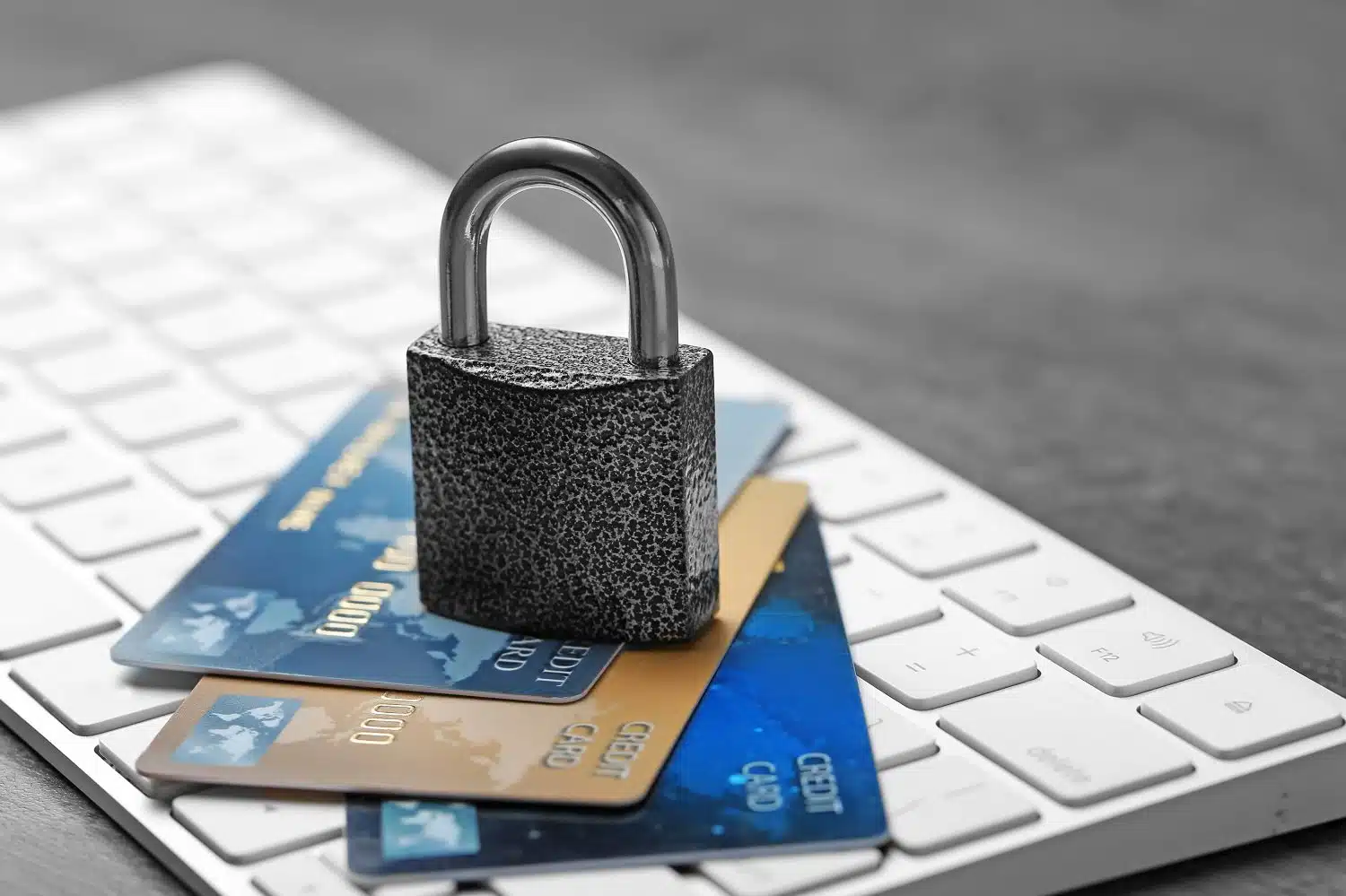It may seem like forever ago, but it was only a little over a year (Sept 2017) when we were all shocked by the major Equifax Data Breach. The breach resulted in more than 145 million people’s personal information, like Social Security numbers and birth dates, being compromised. That is almost half of the entire United States! And, yet, even more worrisome, AARP found that just 14% of the 2,000 compromised individuals it surveyed actually took steps to freeze their credit.
Unfortunately, when such alarming events happen in our country, public outcry and individual focus peaks relatively soon after. The steps that should have happened to help add additional safety measures going forward, both on the individual and government level, didn’t happen. Unfortunately, not much has changed at all over the course of thirteen months.
The good news is that free credit freezes are here as of September 21, 2018, due to new federal laws.
Take this One Step
In April, I wrote about a friend who had been hacked and the 7 steps you could take to help prevent it. Arguably, the most effective thing that you can do to protect your sensitive personal information is to freeze your credit. It’s the equivalent of locking your doors and windows at night. Now, of course, an intruder could still get it if they wanted to, but you make it much more difficult for that to happen.
Freezing your credit makes it much harder for someone to use your information if it gets stolen. Opening accounts in your name or borrowing money in your name becomes very difficult. If you freeze your file, the bureaus will not provide information to lenders unless you personally “thaw” the freeze first, using a special personal identification number.
How to Freeze Your Credit
For a credit freeze to be effective, you will have to freeze your credit with all three major credit reporting agencies: Equifax, Experian, and TransUnion. Each of the credit agencies offers instructions and steps you can take to freeze your credit with them, but here is what you will have to do:
1. Get in touch with all three major credit bureaus individually: Equifax, Experian and TransUnion.
2. Provide your personal information via their online forms. You can also call them, or send them a letter. This will create your credit freeze account.
3. Keep your security pin in a safe and secure location (you’ll need this to lift the freeze)
4. Give yourself up to three days to thaw your credit once you think you’ll want to start using it again
Locking Your Credit vs. Freezing It
Not everyone is comfortable with the idea of freezing their credit, so they may opt to lock it instead. Like a freeze, a credit lock prevents most lenders from accessing your credit and protects it against fraudulent activity. The primary differences, however, are that credit locks may be a bit more convenient but may have a monthly fee attached. You can lock and unlock your credit at any time, so you don’t have to wait up to the three days it can take to “thaw” your credit when you freeze it.
Locking your credit is ideal for anyone who knows they will need frequent access to their credit or who wants more flexibility in locking and unlocking access. If you know you won’t need to use your credit anytime soon, freezing is the most thorough way to secure your sensitive personal information.
Conclusion
Don’t allow complacency to leave you vulnerable to a cyber hack. Protecting your identity is within your control, right now, by taking this one simple step. If you are one of the 145 million Americans whose sensitive personal information was compromised because of the Equifax Data Breach, know that you can take measures right now to “lock your front door” and guard your sensitive personal information against being used illegally.




